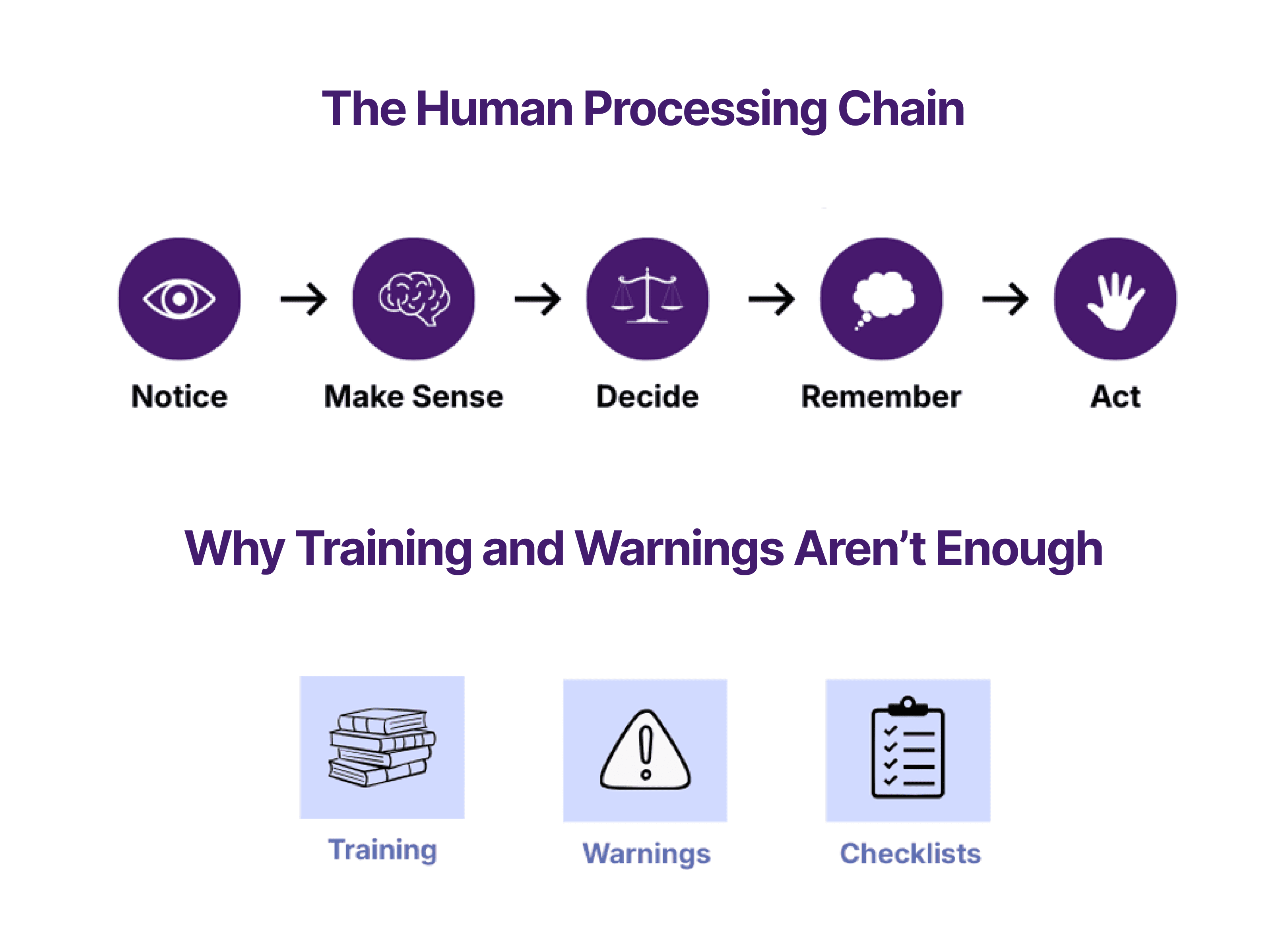Understanding IRB Requirements for Usability Studies Involving Medical Devices
May 12, 2025
When conducting usability studies, particularly those involving medical devices, one critical question researchers and developers face is: Do we need IRB approval? The answer directly impacts your timeline, budget, and regulatory compliance—and often hinges on whether the study qualifies as human subjects research under federal regulations.
What is IRB Review and Why Does It Matter?
An Institutional Review Board (IRB) is an oversight committee that reviews research involving human participants to ensure their rights and welfare are protected. Federal regulations require IRB approval for research that involves human subjects and aims to contribute to generalizable knowledge. Operating without required IRB approval can result in regulatory action, invalidated data, and significant project delays. Consider partnering with IRB experts to navigate this complex process efficiently.
Defining Human Subjects Research
According to 45 CFR 46, human subjects research involves:
Intervention or interaction with living individuals (e.g., usability testing, interviews, observation), or
Accessing identifiable private information (e.g., health records, user demographics, performance data).
If your usability study involves observing or interacting with participants to gather data on their experience with a medical device, and that data is identifiable or intended to be generalizable, you must obtain IRB review.
What is Considered Generalizable Knowledge?
Research contributes to generalizable knowledge when it:
Is intended for publication, presentation, or dissemination,
Aims to influence policy, practice, or design standards,
Applies findings beyond the immediate setting or group studied.
Critical point: If you're planning to share your usability results externally—including in FDA submissions, marketing materials, or conference presentations—IRB oversight is required.
FDA-Regulated Research
For studies supporting FDA approval of a medical device, IRB review is mandatory, not optional. FDA regulations (21 CFR 50 and 56) unequivocally require IRB approval for clinical investigations involving devices, drugs, or biologics that gather data on safety and effectiveness. Non-compliance can halt your regulatory submission.
When IRB Review May Not Be Required
Not all usability testing meets the threshold for human subjects research. Studies may not require IRB approval when they:
Involve no human interaction (e.g., bench testing, simulation studies),
Collect no identifiable data whatsoever, and
Are purely for internal quality improvement with no intent to generalize.
Important: Even when you believe IRB review isn't required, always document this determination formally with your IRB office to ensure compliance and protect your organization.
Best Practices for Researchers
Engage your IRB early: Submit a determination request as soon as you begin planning any human-participant study—not after you've designed protocols.
Never self-determine exemption: While some minimal-risk usability studies may qualify as exempt, only an IRB can make this official determination.
Document everything: Clearly state whether your study aims to generate internal insights only or will inform broader knowledge, regulatory submissions, or public claims.
Conclusion
Usability studies are essential for developing safe and effective medical devices, but overlooking ethical and regulatory requirements can derail your entire project. When in doubt, always err on the side of caution: if your study involves any human interaction or could possibly support regulatory approval, engage your IRB immediately. The time invested in proper IRB consultation upfront prevents costly delays and ensures both participant protection and regulatory compliance.
Need IRB Support for Your Usability Study?
ClariMed's regulatory experts help medical device companies navigate IRB requirements efficiently and compliantly. From initial determination through final approval, we ensure your usability studies meet all regulatory requirements while staying on schedule.
Contact us today to discuss how we can support your next medical device usability study.







